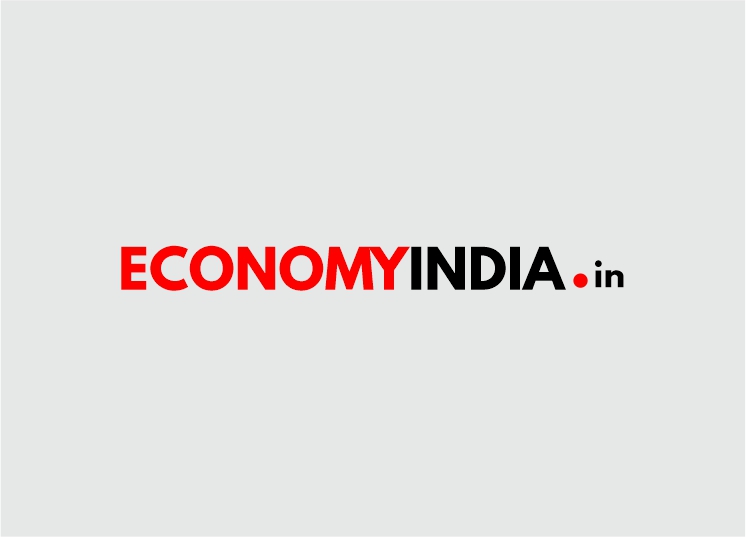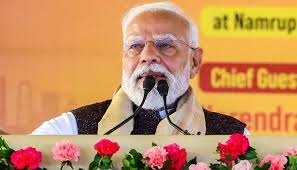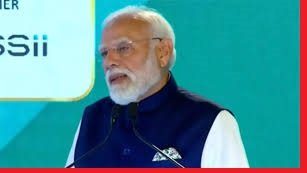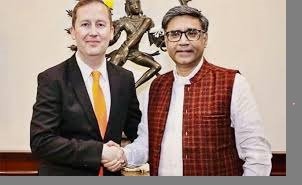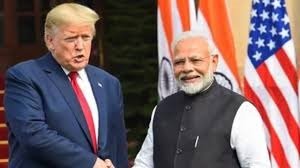India’s Foreign Minister Dr S Jaishankar with Israel Foreign Minister Yair Lapid calls on quadrilateral meeting with UAE Foreign Minister Sheikh Abdullah bin Zayed Al Nahyan and US secretary of State Anthony Blinken
It has been reported that the In what could mark the emergence of a new Quad, India-Israel-USA-UAE in the first-ever meeting of their foreign ministers on October 18, have explored possibilities for joint infrastructure projects in the fields of transportation, technology, maritime security, economics and trade, as well as for additional joint projects, Business Standard reported.
India’s foreign minister S. Jaishankar, who was on a visit to Israel, was accompanied by his Israeli counterpart Yair Lapid, during the virtual meeting on October 18.
US Secretary of State Antony Blinken and United Arab Emirates foreign minister Sheikh Abdullah bin Zayed Al Nahyan participated virtually as the four leaders also exchanged views on shared issues of concern in the region.
Economics and Trade
“The ministers decided to establish an international forum for economic cooperation,” said a statement issued by the Israeli Foreign Ministry after the meeting.
It said the four ministers held a discussion on possibilities for joint infrastructure projects in the fields of transportation, technology, maritime security, and economics and trade, as well as for additional joint projects.
At the end of the conversation, it was decided that each minister will appoint senior-level professionals to a joint working group that will formulate options for cooperation in the areas identified by the ministers, the company said.
The intention is to hold an in-person meeting of the ministers in the coming months at Expo 2020 in Dubai, the Company said.
Key to Success
“I think the word we are looking for here is synergy, because this is what we are going to try and create starting with this meeting. The synergy that will help us work together on infrastructure, digital infrastructure, transport, maritime security and other things that preoccupy us all, Israeli Foreign Minister Lapid, who initiated the meeting during his visit to Washington, said at the start of the meeting Monday evening.
“The key to success is how quickly can we move from government-to-government’ to business-to-business?” Lapid said. “How quickly can we turn this into a working process that will put boots on the ground, changing infrastructure around the world.”
Jaishankar described the meeting as fruitful and said they discussed working together more closely on economic growth and global issues.
“Agreed on expeditious follow-up,” he said in a tweet.
“I think it is very clear that on the big issues of our times we all think very similarly and what would be helpful would be if we could agree on some practical things to work upon,” The company said.
In his remarks, Blinken described Israel, the UAE and India as three of “our most strategic partners.”
Strategic Partners
He said by “bringing friends together in new ways we are making these partnerships even greater than the sum of their parts.”
“I think that is what this gathering is about. Sitting here in Washington, I can say very simply that with Israel, the UAE and India we have three of our most strategic partners. And given so many overlapping interests – energy, climate, trade, regional security – this seems like a really interesting and good idea to try and use this new format and very complementary capabilities in very many areas to just see many more things get done. That’s the idea,” Blinken said.
UAE’s Al Nahyan thanked Blinken and Lapid for “proposing the idea” of creating this kind of a forum to boost cooperation.
Diverse Relationship
Referring to India, the UAE minister said, “Minister Jaishankar is an old friend, I could say, but also India and UAE have such a strong and diverse relationship.”
Al Nahyan suggested businesses should be surprised by opportunities and then it should be observed how the trading community responds, in terms of putting a robust plan forward.
Economic and Defense Industry
Meanwhile, an article in the Jerusalem Post newspaper pointed out that there are economic and defense industry advantages to the new ties and the ability to synergize the network of ties between Washington, Jerusalem, Abu Dhabi and New Delhi.
“That means that the whole can be more than the sum of its parts,” it said.
Citing the growing power of near-peer rivals such as Russia and China, as well as regional states that oppose US policy, such as Iran and Turkey, the article said that may be where the US-UAE-Israel-India connection comes together most of all, in presenting a moderate alternative to the aggressive extremist and authoritarian countries. (akipress)

